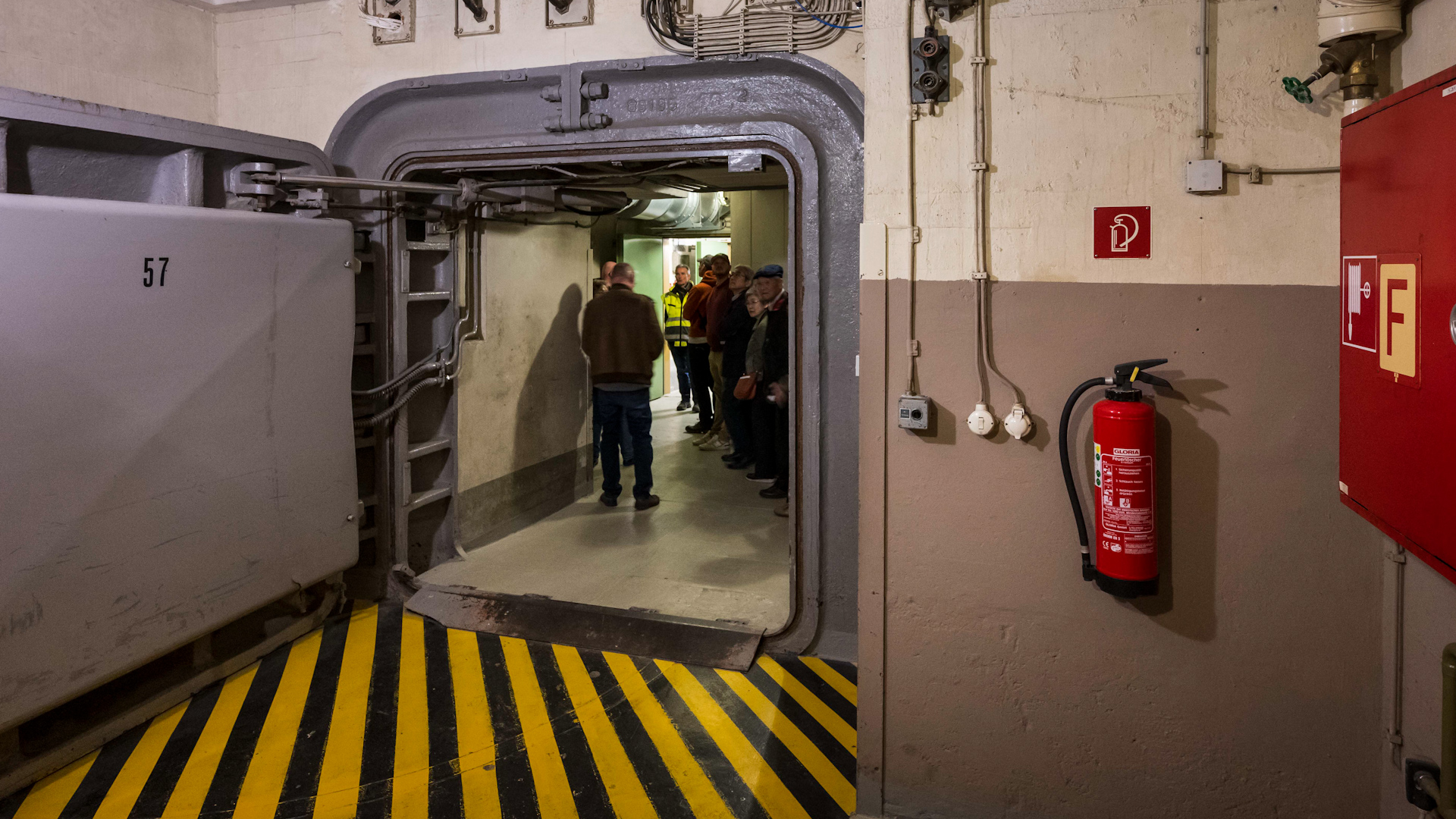Germany is rushing to modernize its civil defense infrastructure as military and intelligence officials warn of a possible Russian attack on a NATO member within the next four years. The country’s civil protection agencies, military and interior ministry are now working to reinforce public spaces, develop new early-warning systems and prepare the civilian population for potential conflict.
Why is Germany preparing for war?
German and NATO defense officials say Russia’s military buildup — including the production of 1,500 battle tanks and millions of artillery shells annually — poses a growing threat to the alliance’s eastern flank. The German defense chief, Gen. Carsten Breuer, told the BBC that analysts believe Russia could be capable of launching an attack by 2029 or even earlier.
Breuer pointed to recent sabotage campaigns, including cyberattacks, drone incursions and damage to undersea cables, as part of a broader Russian strategy to test European defenses. He said Germany must prepare to “fight tonight,” citing vulnerabilities near the Suwalki Gap and Baltic states.
“The Baltic States are really exposed to the Russians, right?” Breuer said. “And once you are there, you really feel this … in the talks we are having over there.”
What happened to Germany’s old bunker network?
Germany dismantled much of its Cold War-era shelter system after concluding that a significant military conflict was unlikely to occur. Of the roughly 2,000 air-raid shelters once available, only 580 remain, and most are nonfunctional, according to German officials. These bunkers can theoretically protect about 480,000 people, which is less than 1% of the population.
Many remaining bunkers have been repurposed as galleries, hotels or cultural sites. Renovating them would be costly and time-consuming, and experts say large centralized shelters could become targets in modern warfare. Officials are now prioritizing decentralized protection in urban areas.
“New bunker systems with very high protection requirements cost a lot of money and time,” said Ralph Tiesler, president of the Federal Office of Civil Protection and Disaster Assistance.
“We need a faster solution,” he said. “Therefore, we want to upgrade tunnels, subway stations, underground garages and basements of public buildings into shelters.”
How is Germany rebuilding its civil defense system?
Germany’s plan includes turning existing structures like subway stations, parking garages and public basements into functional shelters. A government pilot project aims to provide 1 million shelter spaces over the next decade.
Authorities are also working on specifications for reinforcing basements and other existing areas, following examples from countries like Israel.
The civil protection office is also expanding Germany’s emergency alert infrastructure. About 40,000 sirens are already in place, but many are outdated. The government plans to double the number of functional sirens and improve digital warning tools.
What other measures are being taken?
Germany is rolling out a new fleet of reconnaissance vehicles, equipped to detect chemical, biological, radiological and nuclear threats. More than 500 of these vehicles are expected to be deployed by the end of 2025.
The rearmament effort is part of a broader national strategy to become “war-ready” by 2029.
At the same time, the government is encouraging civilians to stockpile at least a 10-day supply of water, food and medicines. Officials say even three days of emergency provisions could help bridge minor crises.
A classified 2024 operations plan outlined how Germany would serve as NATO’s main logistical hub in a conflict, according to The Wall Street Journal. This would include routing troops through key infrastructure and shielding critical systems.
How much will it cost?
Germany has suspended its debt cap for defense and security spending, but budget competition remains. Tiesler estimates civil defense alone will require $11 billion over four years — and at least $34 billion over the next decade.
Officials are also weighing whether to introduce mandatory military or civil defense service. Tiesler said Germany must urgently reverse decades of neglect.
“This republic has failed for years to address the real threats,” he said. “By now, everyone should have heard the shot.”
